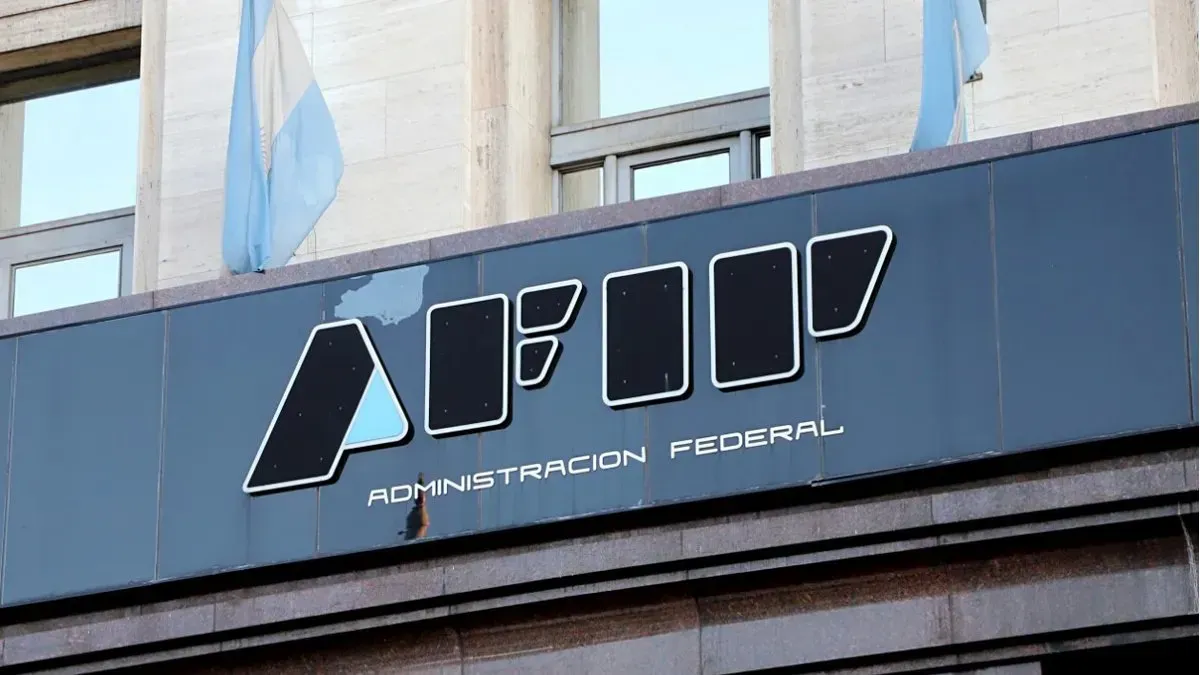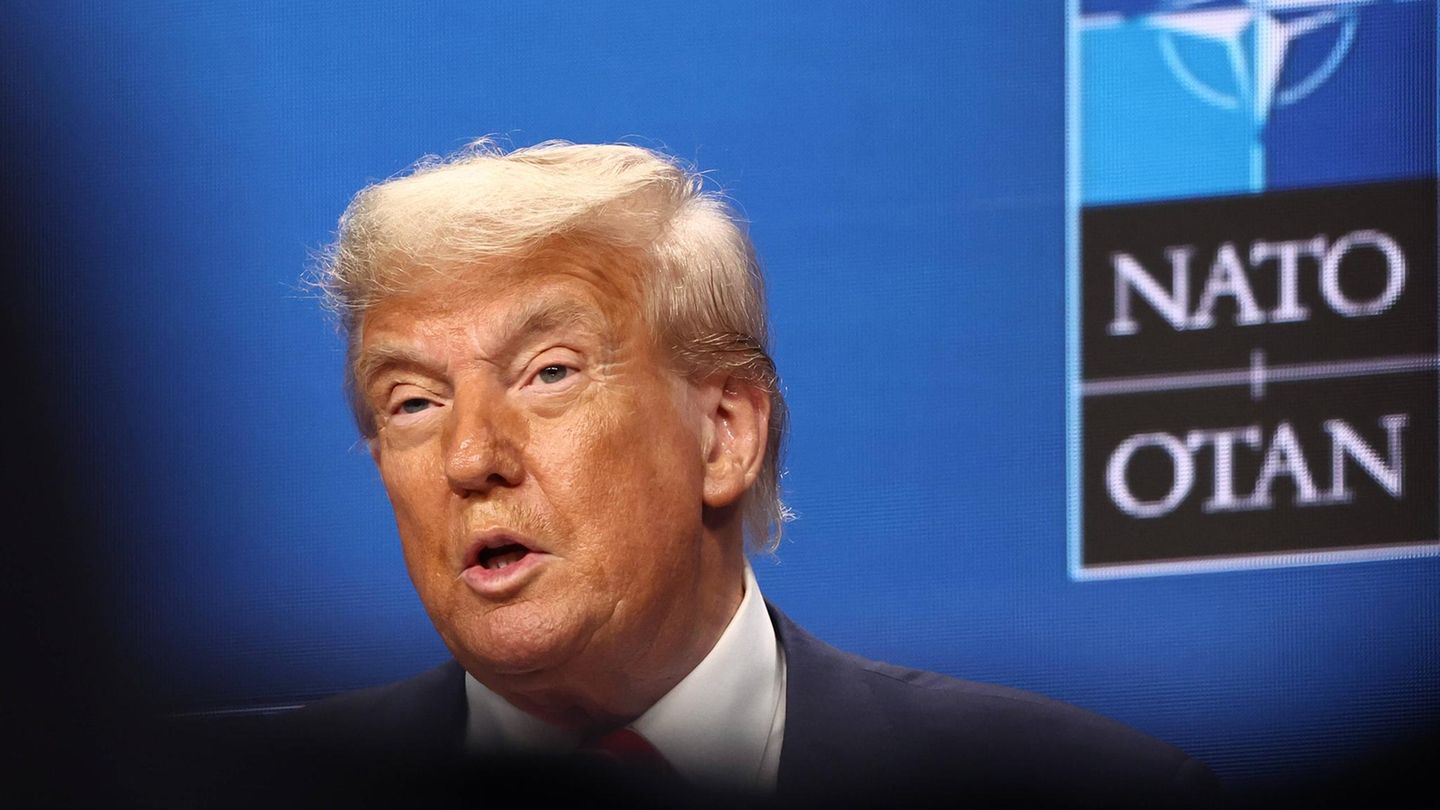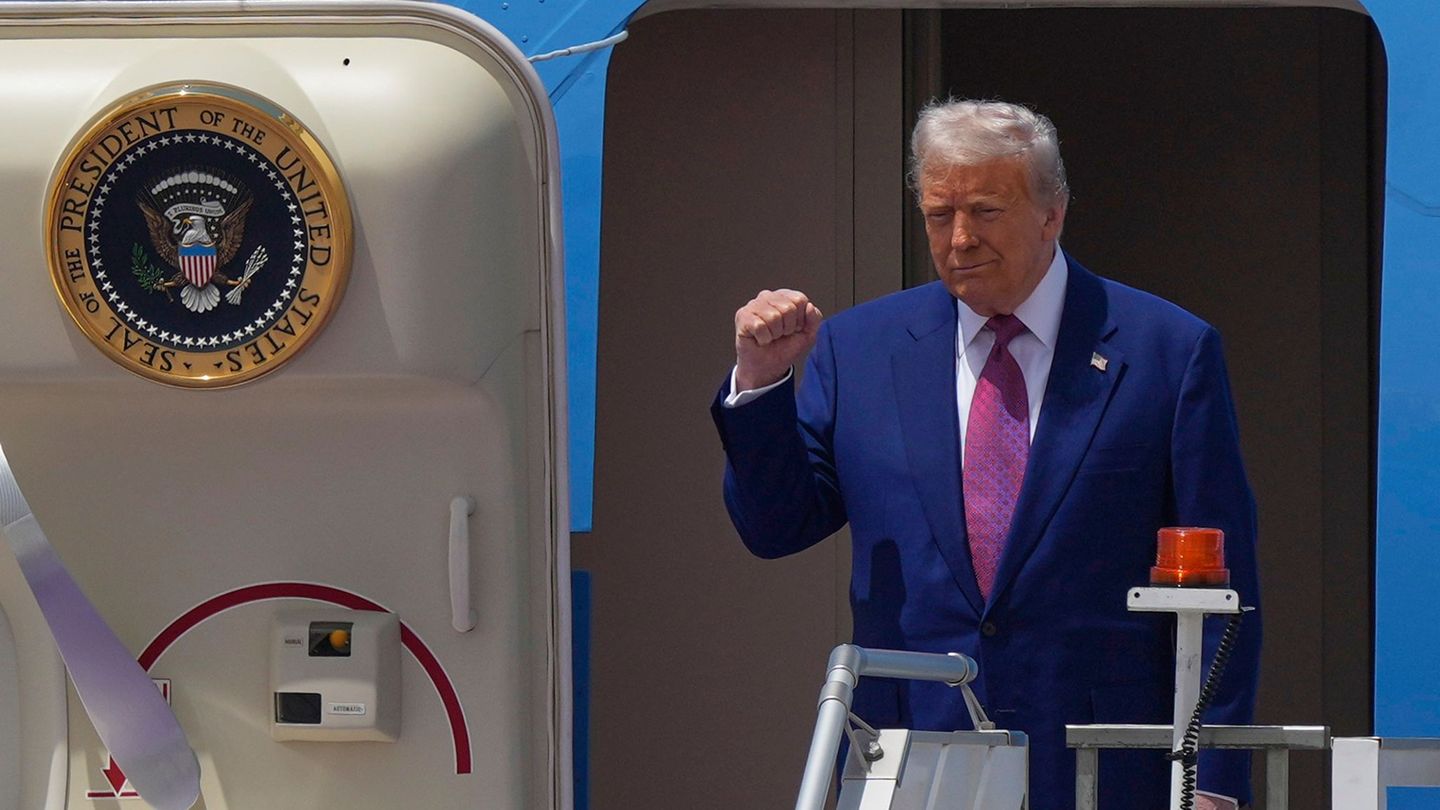He The market believes that the end of exchange controls will occur at some undefined time during 2025 But one of the problems that must be overcome before that is ensuring the “fiscal anchor” that allows inflation to be reduced and the value of the dollar to be contained. That Today it depends almost exclusively on the income generated by the PAIS Tax, according to market analysts and operators.
Last Friday, the Minister of Economy, Luis Caputo, He promised, in response to a question from journalists when announcing the second stage of the economic plan, that “We are going to lower the COUNTRY TAX, just as we said from day one.”
“It will be As soon as the Bases law is implemented and the Treasury begins to receive the income from the fiscal package. It is probably between August and september”Caputo anticipated, although everything is conditional on the progress of the collection.
The fiscal package includes the reinstatement of the fourth-category Income Tax, which is expected to provide an additional 0.3% of GDP revenue. It is not just about the Income Tax. The package includes a tax moratorium and a money laundering, which also come into play in the tax balance sheet. That is what could be “exchanged” for the PAIS Tax.
PAIS tax: how much it collected so far this year
Today it is not feasible to remove the tax on the purchase of dollars. That tax has generated so many resources throughout 2024, that almost by itself explains the fiscal surplus of the year. In principle, it cannot be removed unless tax revenues are first generated elsewhere. According to official data, the PAÍS Tax collected $2,813 so far this year billions.
Carlos Pérez, director of the Capital Foundation He pointed out that the tribute “until May explains the fiscal surplus, But the Government says that they will compensate them with the fiscal package.”
There is a difference between what Caputo expected to gather at the beginning of the administration, and what resulted from the changes that were introduced in Congress. According to Pérez, In terms of scope, the Government assumed that it would leave it with a higher collection equivalent to 0.65 points of GDP But according to the latest report from the Congressional Budget Office (CBO), would be 0.45 points.
On the other hand, the tax rate would drop from 17.5% to the original 7.5%. In this regard, he said that in the order of priorities to accumulate reserves, that is, lifting exchange restrictions, “the PAIS tax is last.”
Mariano Sardans, CEO of the fund manager FDI, explained that “The exchange restrictions will continue because only 3 or 4 cables were cut out of the 400 that were there.” “Everything is gagged”Sardans said, they understand that the restriction will be lifted in 2025.
Martín Polo, an economist at Cohen Aliados Financieros, also believes that there is no date set for the lifting of exchange controls. “I think it will be gradual,” explained Polo, who indicated that “there is no good news” regarding the accumulation of reserves. Polo believes that this is due more than anything to “the normalization of imports” and the “impact of the dollar blend, which subtracts about US$1 billion per month.”
Even, The new announcement made by Caputo together with Santiago Bausili in the microcinema of the Treasury Palace demands doubling efforts to sustain the fiscal surplusto the extent that the deposits of the savers of the banking system will be backed by Treasury Monetary Regulation Letters.
The only signal that banks will look at from now on will be the fiscal surplus. If this is put at risk, they could face a trust problem, and to avoid this, the PAIS Tax still seems irreplaceable.
Source: Ambito




